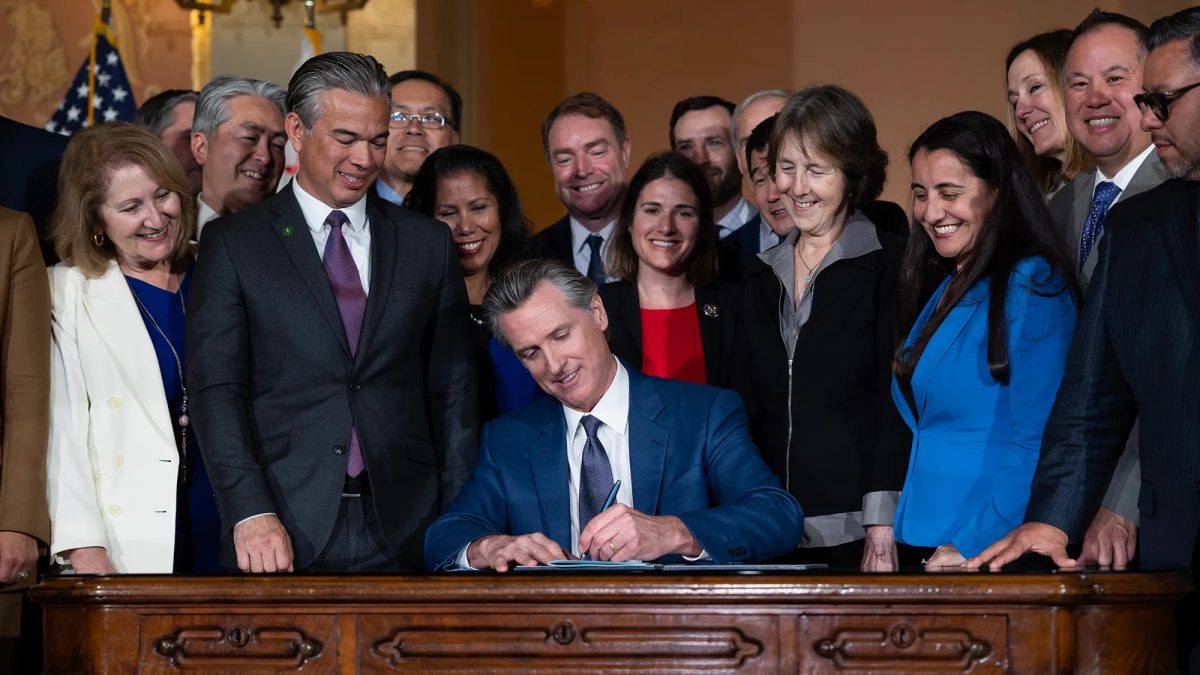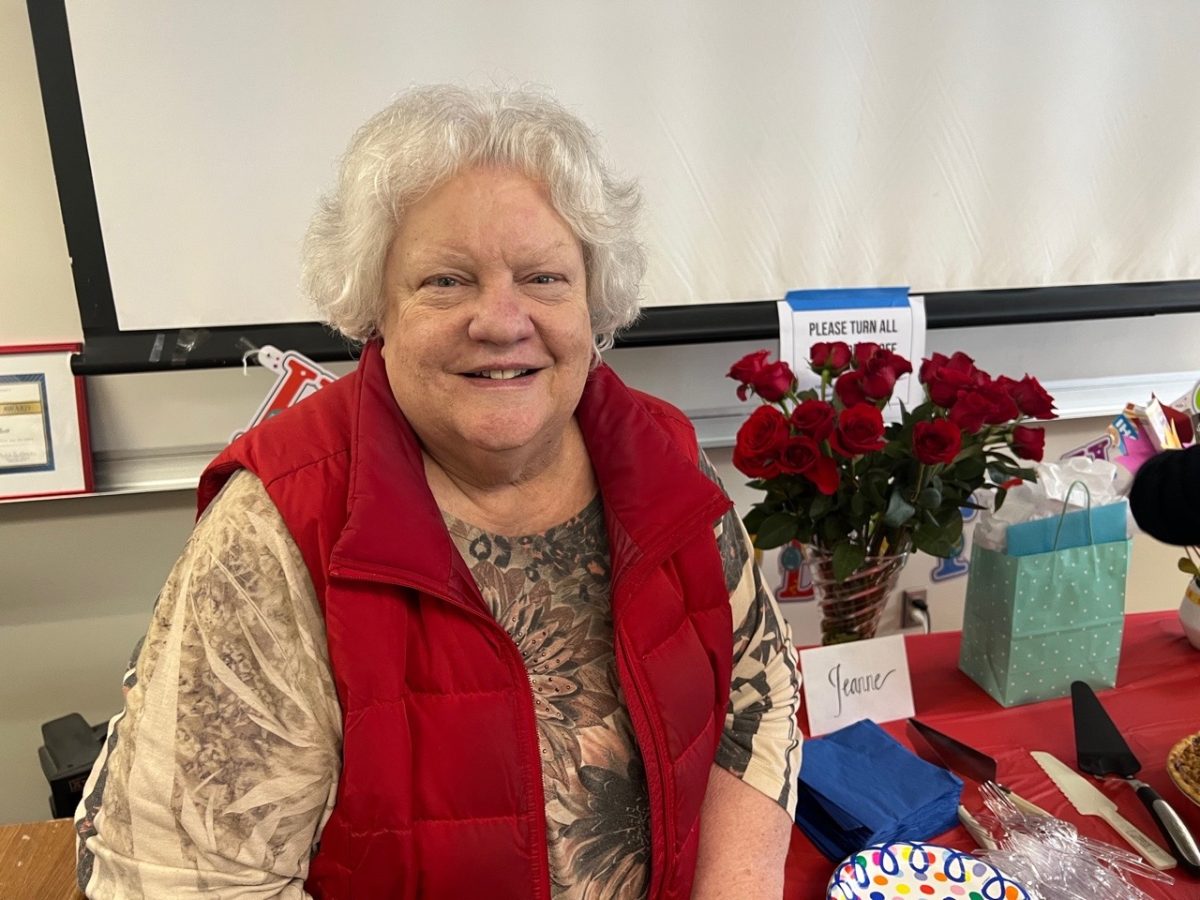Governor Gavin Newsom has signed multiple new educational reform legislations into implementation this year. California schools, including Oxford, will be impacted by the following acts.
AB 2999: Healthy Homework Act
Authored by Assemblywoman Pilar Schiavo (D-Santa Clara), the “Healthy Homework Act” encourages school districts to develop a homework policy that considers the impact on student’s well-being and takes input from students, teachers, and parents. Homework policies will be readied by the start of the 2027-28 school year, enacted by the 2028-29 school year, and revised every 5 years.
The law aims to reduce “busy work” due to a concern that excessive homework leads to stress, exhaustion, and other health concerns. It also strives to lower the equity gap in classrooms, where lower-income students may not have Internet access at home to complete assignments.
AB 1825: California Freedom to Read Act
The Freedom to Read Act prohibits public libraries from banning books on the basis of race, nationality, religion, gender identity, sexual orientation, disability, political affiliation, etc. Authored by Assemblyman Al Muratsuchi (D-Torrance), the bill also protects employees from termination if they refuse to remove books without review or make decisions against the bill’s provisions.
Public libraries must outline a feedback system for its community to raise concerns or advocate for certain books; AUHSD libraries saw requests to remove “Gender Queer: A Memoir” but was overturned in a 4-to-1 vote amongst the Board of Trustees in Nov. 2024.
“If you watch the board meeting, [they] talked about why they agreed to keep the book because they felt like those topics, specifically about gender, race, etc. they’re trying to ban, actually gives you a point of view as a human being to understand people going through those experiences. So it makes you a more compassionate person,” Oxford librarian Mrs. Fitzsimons said.
AB 1955: Support Academic Futures and Educators for Today’s Youth (SAFETY) Act
The SAFETY Act protects a student’s constitutional right to privacy regarding gender identity and sexual orientation at school. Authored by Assemblyman Christopher Ward (D-San Diego), the act outlaws schools from revealing one’s sexual or gender identity without consent, making California the first U.S. state to do so.
Additionally, the SAFETY Act protects school employees from retaliation or employer consequences if they choose not to disclose students’ gender or sexual identities to parents.
“Teachers can still talk to their parents. What they can’t do is fire a teacher for not being a snitch. I don’t think teachers should be gender police.” Newsom said via press conference at Shasta College.
The bill was met with controversy from parents and teachers alike, concerned it infringed upon parents’ rights and child safety.
“The default assumption should always be that parents are acting in the best interests of their children,” Senator Rosilicie Ochoa Bogh said in opposition to the bill during a Senate debate. “Parental involvement is critical in supporting children through gender identity questions. Keeping parents in the dark does not protect children; it isolates [them].”
AB 1821: Pupil Instruction
Implemented Jan 1. 2025, the California Dept. of Education must meet with Indigenous tribes to update elementary, middle, and high school history curricula to reflect the mistreatment, colonization, and contributions of Native Americans.
The explication of Native American history will be added to Spanish colonization and gold rush lessons, encouraging teaching through Indigenous lenses and sources. California also seeks to eventually include the historical, socioeconomic, and political contributions of the Asian American and Pacific Islander communities.
The legislature also encourages social science teachers to focus on human rights violations, including appropriate examples to teach the Holocaust and Rwandan and Armenian genocides.
“I’m really glad that the pendulum, at least in California, has swung back to [the idea that] it’s not all about these benchmark exams,” AP U.S. History teacher Mrs. Vosskuhler said. “It’s about a narrative that is inclusive, that kids can connect to and use to become more empathetic. That’s the whole point of the study of history: understanding ourselves, understanding each other, understanding somebody else’s experience, understanding our shared experience.”
































































